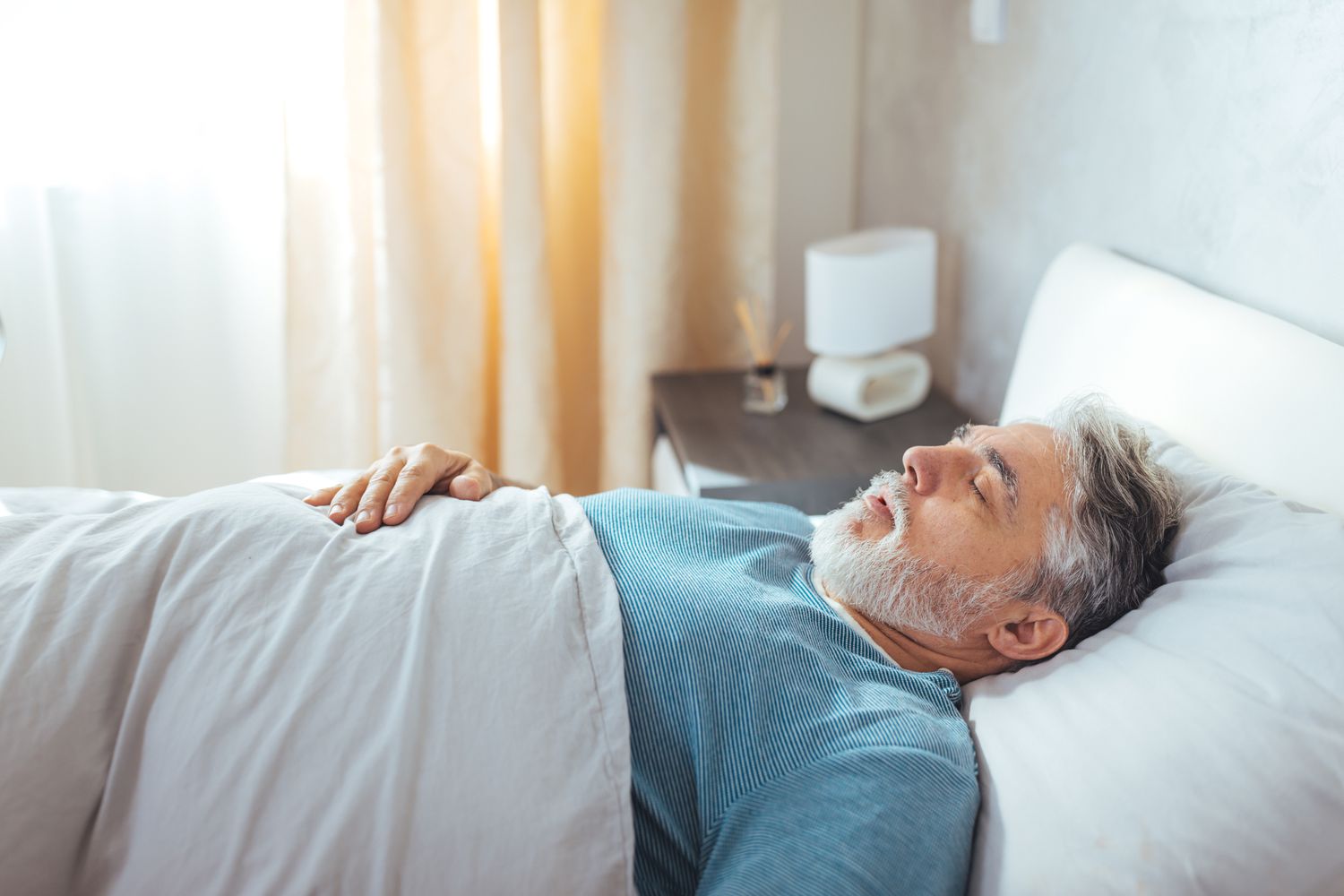Additional Sleep Apnea Benefits for Individuals Using Ozempic and Wegovy

Anti-obesity medications and GLP-1 agonists like Ozempic and Wegovy, known for their utility in managing diabetes and obesity, may also enhance sleep quality.
For instance, Jeannine Manning began taking Ozempic in March 2023 for the control of type 2 diabetes and weight management.
By October, she lost 50 pounds.
“I have given up my sleep apnea machine,” she shared with Health. “My sleep onset is quicker, and overall, I sleep better.”
Manning has been living with Obstructive Sleep Apnea (OSA) for the past 30 years, characterized by disproportionate intermittent breathing during sleep that affects oxygen intake.
Manning was dependent on a continuous positive airway pressure (CPAP) machine for almost 15 years, which facilitated her sleep by maintaining uninterrupted air pressure to the upper respiratory system.
Manning realized an unexpected benefit of taking Ozempic was no longer needing the CPAP machine due to improved sleep quality.
“The correlation between my increased weight and snoring was apparent, but I didn’t see the surprisingly massive improvement in sleep apnea and snoring resulting from weight loss coming,” she confessed. “I was focused more on other health issues to even consider it.”
Here's how semaglutide medications like Ozempic might influence sleeping habits.
Multiple types of sleep apnea can occur.
OSA is the widely prevalent sleep apnea variety.
The main contributors to OSA are factors interrupting the airway.
Additional risk factors include age, being male, genetics and family history, heart or renal failure, drinking, or smoking.
Central sleep apnea is another variant which transpires when the brain fails to signal the body to perform breathing.
Symptoms during sleep include:
The symptoms during wakefulness include:
A sleep study, monitoring brain waves, heart rate, respiration, and oxygen levels while asleep, can be suggested by a doctor to diagnose sleep apnea.
Following a diagnosis, potential treatment pathways usually include lifestyle modifications like cutting back on alcohol intake, regular exercising, and weight control.
The CPAP machine is a common treatment for sleep apnea. Additional treatments comprise implants, oral devices, mouth and face exercises, and surgeries:
While GLP-1 medication like Ozempic is yet to receive an official recommendation for OSA, reports such as Manning’s do not surprise endocrinologists like Sethu Reddy, MD, president of the American Association of Clinical Endocrinology.
“The well-known relationship between obesity and adverse health effects, and the benefits of losing weight by any procedure justify these observations,” he explained to Health.
He elucidated that GLP-1 medication could alleviate OSA symptoms in diabetic patients and obese individuals, primarily through weight loss.
“Weight reduction that lessens neck fat can directly cut down neck obstruction. The decreased abdominal obesity could also enhance breathing mechanisms,” Reddy added. “Weight reduction has been proven to be the most significant factor in improving sleep apnea.”
It's important to note that obesity can contribute to the severity of OSA, according to Karl Nadolsky, DO, an endocrinologist and diplomat at the American Board of Obesity Medicine. Therefore, a focus on weight management can potentially decrease OSA severity.
“While OSA is a common obesity-related complication, it remains largely underdiagnosed and under-treated. Achieving over 10%, ideally more than 15%, weight reduction can significantly improve sleep apnea and even induce remission with greater weight reduction," he explained.
The relationship between OSA and obesity involves multiple aspects, he added.
“Obesity can lead to and exacerbate OSA, is tied to insulin resistance, and enhances the risk for cardiovascular diseases,” he informed. “Treatment with CPAP alone does not seem to contribute to weight reduction.”
The effects that GLP-1 drugs have on the brain could reveal a sleep connection that isn't directly tied to weight, Reddy suggested. More research is needed in this area.
“The concept that GLP-1 analogs may improve sleep apnea through central mechanisms needs to be considered,” he emphasized. “Their impact on sleep and wakefulness via direct interaction with the hypothalamus in the brain is subject to investigation.”
To recommend GLP-1 medications explicitly for OSA, clinical trials studying the effects of GLP-1 analogs on OSA are essential, according to Reddy.
“These trials would be essential to seek a specific FDA-approved recommendation for these drugs in obstructive sleep apnea,” he said.
However, Nadolsky explained that current research does point to the impact GLP-1 drugs have on obesity, so some conclusions regarding the connection between GLP-1 drugs, obesity, and bettered sleep are implied.




